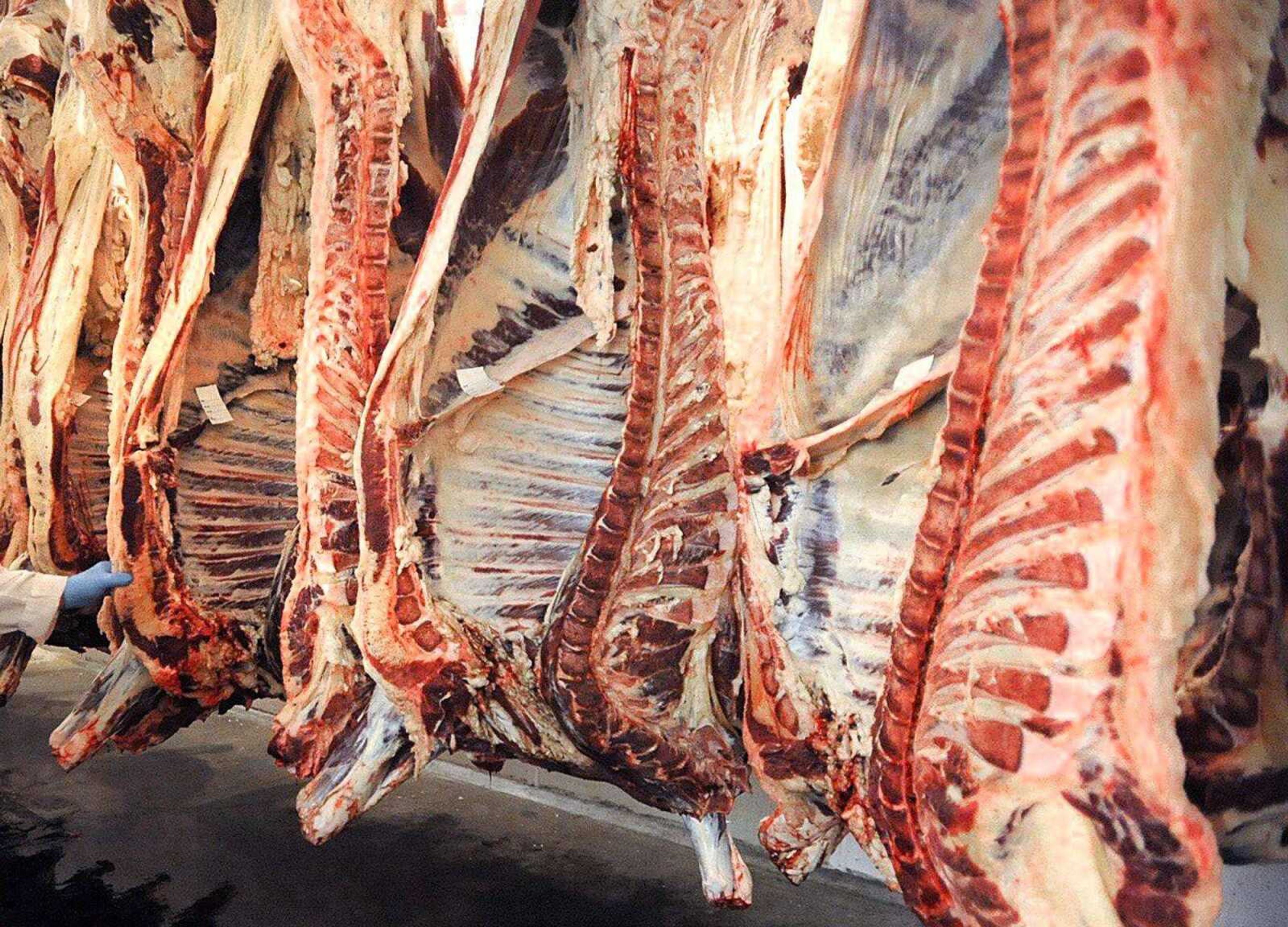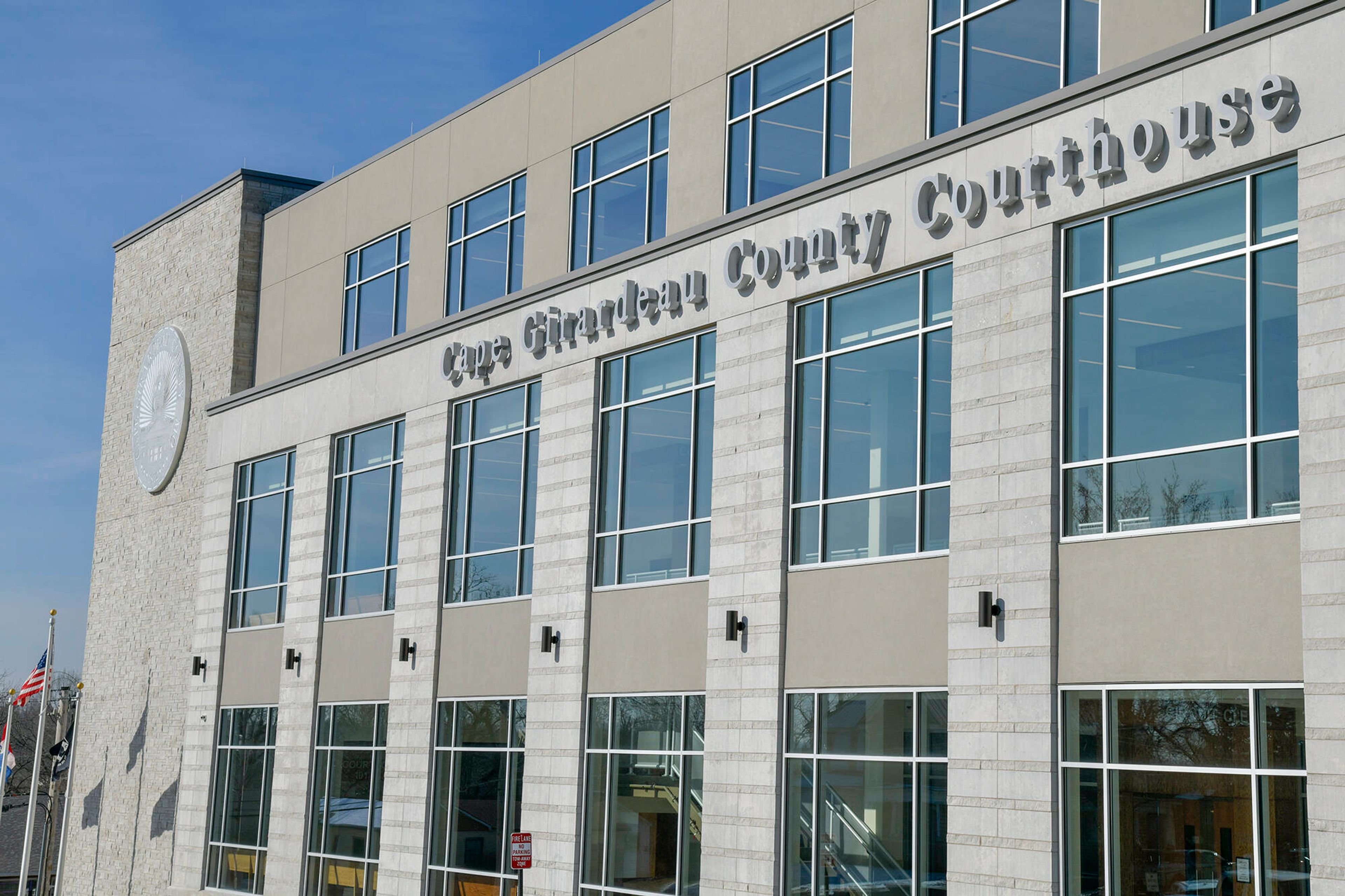Meat processor says pollution was unintentional
Owners of a Cape Girardeau County meat processing company accused of illegal water pollution by the Missouri attorney general's office say any release of slaughterhouse waste that may have affected a nearby creek during the past few years was unintentional...
Owners of a Cape Girardeau County meat processing company accused of illegal water pollution by the Missouri attorney general's office say any release of slaughterhouse waste that may have affected a nearby creek during the past few years was unintentional.
"We have never intentionally had any discharge that went into the creek," said Fruitland American Meat president Peter Whisnant in answering allegations the Fruitland-area company violated state water pollution laws.
Attorney General Chris Koster filed a lawsuit against the company April 13, alleging it allowed slaughterhouse waste to escape its wastewater system on four occasions, beginning in January 2014, which resulted in animal waste entering a tributary that flows to Cane Creek.
The company has been charged with several violations of the Missouri Clean Water Law, including water pollution; illegal discharge; failure to report breaches; failure to submit discharge monitoring reports; and failure to submit sample discharge.
Whisnant, who has run Fruitland American Meat with his family for 15 years, along with a Doniphan, Missouri, ranch, said the company may have had accidental discharges of waste on two occasions, but has not done what the suit alleges.
In the suit, the company is accused of failing to operate its wastewater treatment facility, a "no discharge" lagoon, properly, according to the petition filed in Cape Girardeau County circuit court.
The suit alleges the company allowed waste to escape through faulty equipment as a result of a blocked and overflowing septic tank, and by pumping waste directly from the lagoon to the tributary.
In January 2014, October, February and March, according to the petition, pollution from the company's facility turned the water red, foamy and bloody or dark brown and gave the water an offensive odor. The October violation, according to the petition, killed 917 fish, while the February violation caused red, foamy water to be found more than two miles downstream from the facility.
Cane Creek begins near the facility and flows southwest across Cape Girardeau County, west of Jackson and underneath Highway 34 before becoming Byrd Creek, which empties into Upper Whitewater Creek a few miles south of the Bollinger Mill State Historic Site.
The company processes beef, pork, lamb, goat, bison and elk. Whisnant said the facility has recently halted operations and may have to lay off some of its 50 employees while it deals with the legal matter.
"It's hard enough for us small businesses to stay in business without the government coming down on us this way," he said.
In the petition, the attorney general's office asks for injunctions prohibiting the company from any further violations and up to $10,000 in fines for each day the alleged violations occurred.
The company, according to the petition, has had a permit to operate a wastewater treatment facility since 2010, which was permitted as a "no discharge" system consisting of an aerated lagoon and soil absorption beds. The wastewater from the slaughterhouse is supposed to stay within the system and not be discharged into any waterway.
A case review is set to be heard by Judge Benjamin Lewis at 9 a.m. Aug. 3 at the Common Pleas Courthouse in Cape Girardeau.
eragan@semissourian.com
388-3632
Pertinent address:
3006 State Highway FF, Jackson, MO
Connect with the Southeast Missourian Newsroom:
For corrections to this story or other insights for the editor, click here. To submit a letter to the editor, click here. To learn about the Southeast Missourian’s AI Policy, click here.









